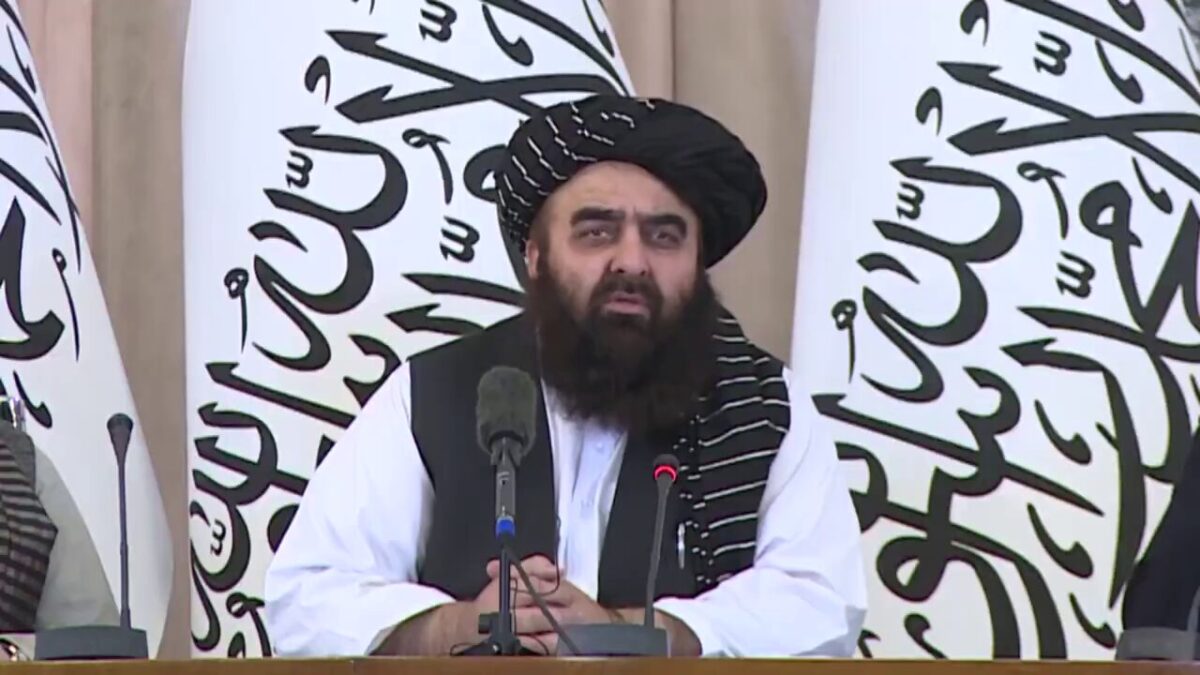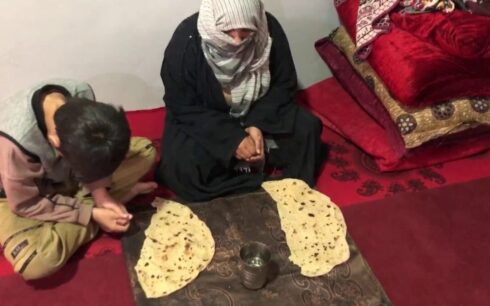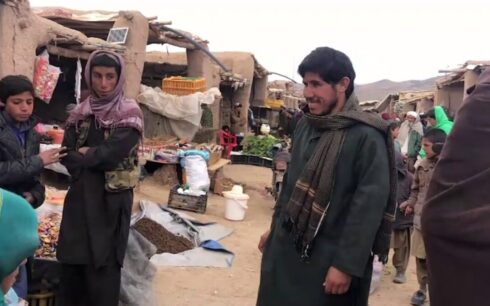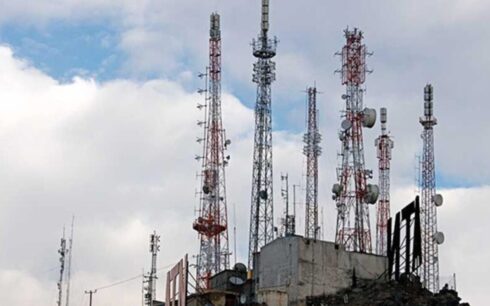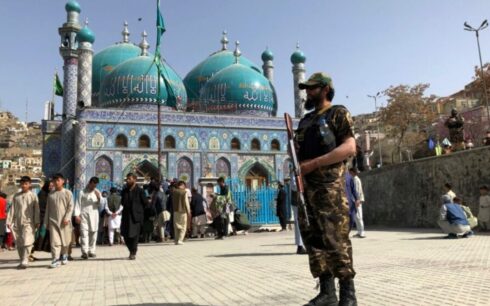KABUL, Afghanistan — The Taliban’s foreign minister, Amir Khan Muttaqi, has indirectly criticized the concentration of power within the group’s leadership, stressing the need for internal coordination and warning against policies that drive people to flee the country.
Speaking at a religious school, Muttaqi suggested that the leadership should be more inclusive and avoid alienating its own ranks. “You should bring everyone together, and no one should be upset with you. No one should flee from you. Why should people flee? Those who are your own, why should they be forced to escape?” he said.
His remarks come amid growing internal divisions within the Taliban. Sher Mohammad Abbas Stanikzai, the Taliban’s Deputy Foreign Minister for Political Affairs, previously criticized the restrictive policies of the group’s supreme leader, Hibatullah Akhundzada, before reportedly leaving Kabul in secret.
This is the first time Muttaqi has openly questioned Akhundzada’s approach, following similar concerns raised by Taliban Interior Minister Sirajuddin Haqqani. Haqqani had warned against the excessive concentration of power, stating, “Imposing one’s views on others is unacceptable. It is not right for a single person’s demands to be imposed on the system and the people because such behavior has dangerous consequences for Afghanistan’s people and its government.”
The growing dissent within the Taliban leadership follows Akhundzada’s latest orders to tighten his control over security and defense institutions. He has directed that weapons and military equipment cannot be distributed without his approval and has deployed his special forces in key areas of Kabul, particularly at the airport. Additionally, he has mandated that no official may travel abroad without his permission.
Analysts warn that Akhundzada’s consolidation of power has triggered resistance from the Haqqani network and other Taliban factions based in Kabul. Experts suggest that new rifts are emerging within the group, with Akhundzada’s Kandahar-based leadership attempting to sideline influential figures in the capital. In response, the Haqqani network and certain Taliban officials are reportedly working to counterbalance Kandahar’s dominance.
The internal divisions highlight the growing tensions over the Taliban’s governance strategy as they struggles to maintain unity while navigating political and economic crises.

